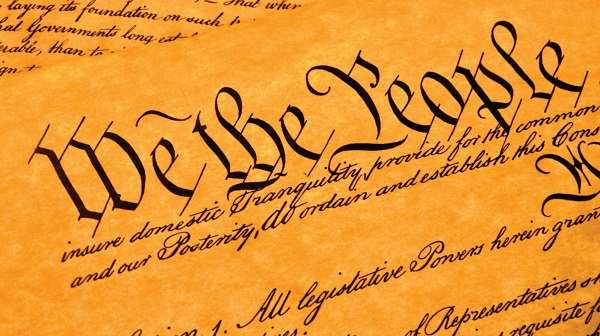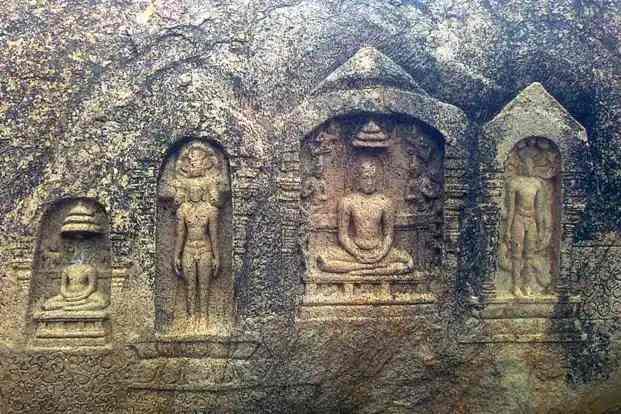The Lieutenant Governor of Delhi is an important constitutional post in India. The office of the Lieutenant Governor of Delhi was created by the 69th Constitutional Amendment Act, 1991, which provided for a Legislative Assembly and a Council of Ministers for Delhi.
According to the Indian Constitution, the Lieutenant Governor of Delhi is appointed by the President of India, and is responsible for the administration of the National Capital Territory of Delhi. The Lieutenant Governor of Delhi has the power to exercise all the executive functions of the Government of Delhi, and is also responsible for the maintenance of law and order in the city.
However, there has been some controversy over the powers and role of the Lieutenant Governor of Delhi.
The Government of Delhi has argued that the Lieutenant Governor’s powers are limited to those specified in the Constitution, and that he or she cannot interfere in matters that fall within the purview of the elected Government of Delhi.
In recent years, there have been several conflicts between the Government of Delhi and the Lieutenant Governor of Delhi over issues such as the appointment of bureaucrats and the allocation of funds for development projects. These conflicts have led to a debate over the powers and role of the Lieutenant Governor of Delhi, and there have been calls for greater clarity on the subject.
Provision regarding Lieutenant Governor of Delhi in Indian Constitution – Article 239AA
The Indian Constitution provides for the office of Lieutenant Governor of Delhi under Article 239AA. This Article was inserted into the Constitution by the 69th Amendment Act, 1991, which provided for a Legislative Assembly and a Council of Ministers for the National Capital Territory of Delhi.
According to Article 239AA, the Lieutenant Governor of Delhi is appointed by the President of India and holds office during the pleasure of the President. The Lieutenant Governor is the head of the National Capital Territory of Delhi and is responsible for the administration of the city.
The powers and functions of the Lieutenant Governor of Delhi are specified in Article 239AA(4) of the Constitution. These powers include the power to:
- Summon, prorogue and dissolve the Legislative Assembly of Delhi
- Recommend the imposition of President’s rule in the National Capital Territory of Delhi
- Reserve certain bills passed by the Legislative Assembly for the consideration of the President of India
- Exercise such other powers and perform such other duties as may be conferred on him by the President of India.
Article 239AA(5) provides that there shall be a Council of Ministers with the Chief Minister at the head to aid and advise the Lieutenant Governor in the exercise of his functions, except in matters where he is required to act on his own discretion. This provision creates a complex relationship between the Lieutenant Governor and the Council of Ministers, which has been the subject of some controversy and debate.
In conclusion, while the office of the Lieutenant Governor of Delhi plays an important role in the administration of the National Capital Territory of Delhi, there have been some controversies over the scope of his or her powers. It is important for the Constitution to be interpreted in a way that ensures a clear division of powers between the Lieutenant Governor and the elected Government of Delhi, so that the city can be governed effectively and efficiently.

About the Author
Ankita is a German scholar and loves to write. Users can follow Ankita on Instagram 
वाटर क्रेडिट (Water Credit) kya hai
जल ऋण (Water Credit) एक वित्तपोषण तंत्र को संदर्भित करता है जो साफ़ पानी तक…
Nobel Peace Prize for 2023 to Iranian activist Narges Mohammadi
The Royal Swedish Academy has recently awarded the prestigious Nobel Peace Prize for 2023 to…
Rao Chandra Sen of Marwar (1562-81)
Emperor Rao Chandra Sen of Marwar ruled with glory from 1562 to 1581. His steadfast…
How was the Shramana culture different or same from the Vedic tradition ?
In ancient India, the Shramana movement was a non-Vedic movement that existed before the advent…
विकिरण (Radiation) [UPSC GS]
विकिरण (Radiation) ऊर्जा है जो किसी स्रोत से आती है और प्रकाश की गति से…
गर्मी के मौसम में ब्लड प्रेशर क्यों कम हो जाता है ?
गर्मियों में हमें बहुत पसीना आता है, जिससे शरीर में पानी की कमी हो जाती…





![विकिरण (Radiation) [UPSC GS]](https://bugnews.in/wp-content/uploads/2022/04/radiation.jpg)
